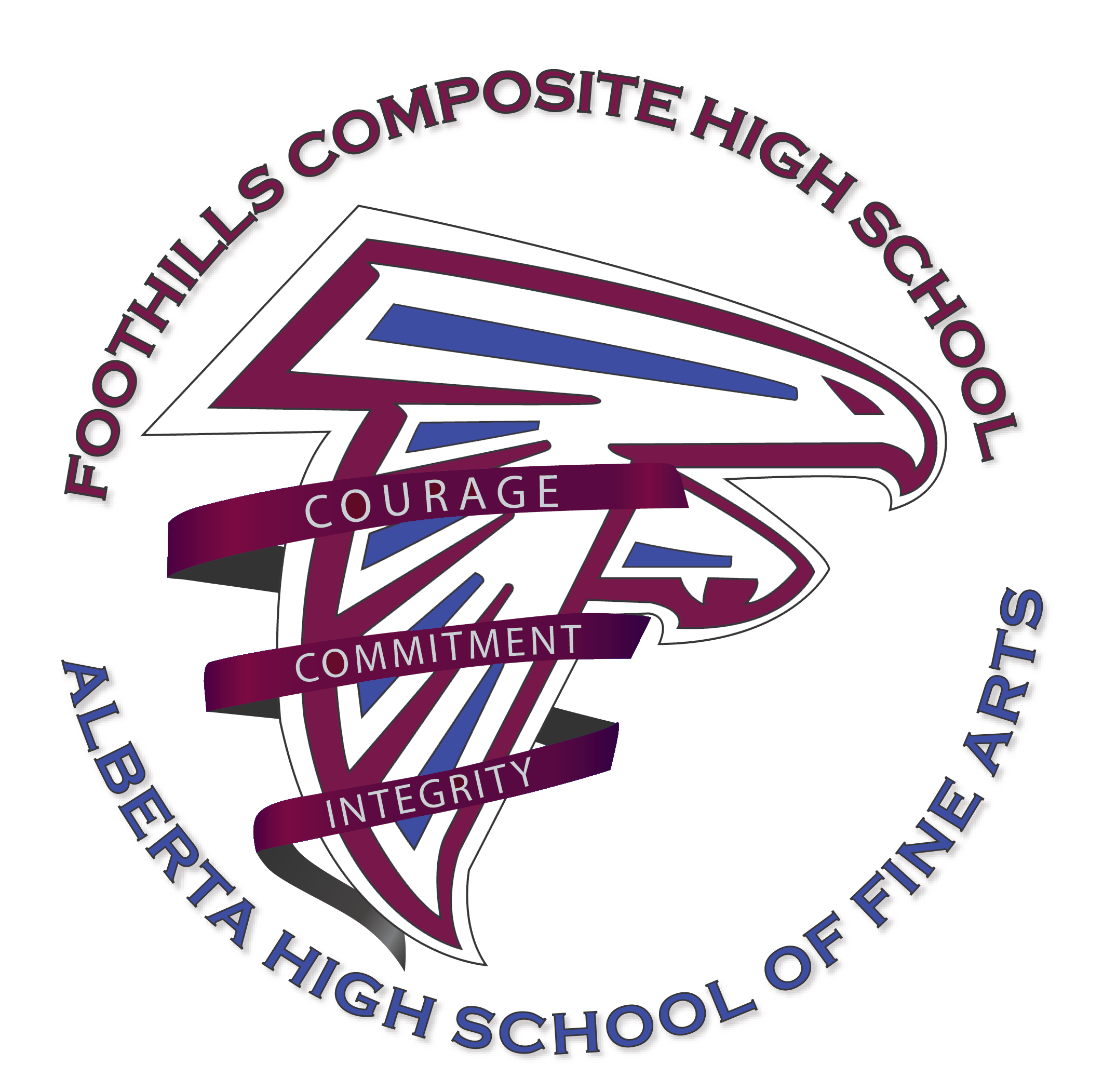How to Apply

Using A Personal Letter to Apply For Scholarships
When applying for a scholarship you may need to actually write someone for information, an application form, or simply tell them a bit about yourself. This is a great time to highlight why you’re the best candidate for their scholarship.
Before you start your letter, compile a list of all the activities you have taken an interest in, been involved with, lead, or have been a member of. Use the following list to help brainstorm your assets:
- Research your options ASAP to familiarize yourself with deadlines and requirements (eg. mandatory essays), regardless of when you plan to attend University
- Apply well before the application deadline (late apps are not considered)
- Take the time to learn who will be reading your letter and address it to them directly (be cordial and polite, thanking them for their time in considering you for the award)
- Always apply if you qualify, regardless of your grades
- Scholarships and bursaries are awarded year round, so keep researching them
- Seek advice from older students; they may know potential providers not on your radar
- Community involvement reads very well on an application
- Look for smaller, obscure awards; these often have fewer applicants
- Keep a copy of your scholarship application, and essay (if applicable)
- Keep a copy of recommendation and transcripts on hand for additional apps
- Follow-up with award provider before the deadline to make sure your application was received
- Thank the donor, when appropriate
- If you move, advise the scholarship provider of your change of address
- As soon as an application has been made to a post-secondary program, research the institution’s website for the Scholarships and Awards Some awards (ie Entrance Awards for students entering the first year of an undergraduate degree program) do not require applications. Many awards (ie: require application and sometimes biographical essays, recommendations, etc. Deadlines are important.
NOTE Larger awards generally have earlier due dates and more requirements (eg. essays & references).
Now you are ready to write your letter. Here is a sample letter to help get you started:
The key to writing a successful application (aside from good grammar, structure, organization, and professionalism) is the element of being able to transfer your experiences from your life onto paper in a meaningful way. Doing this takes time but is essential in getting the money needed for tuition.
Try writing down a couple of experiences you’ve had that you believe set you apart from others. Brainstorm with friends and family, or write a list to organize your thoughts. Practice articulating a few points on why these experiences matter and how they’ve shaped your world view. Then articulate these points on paper.
